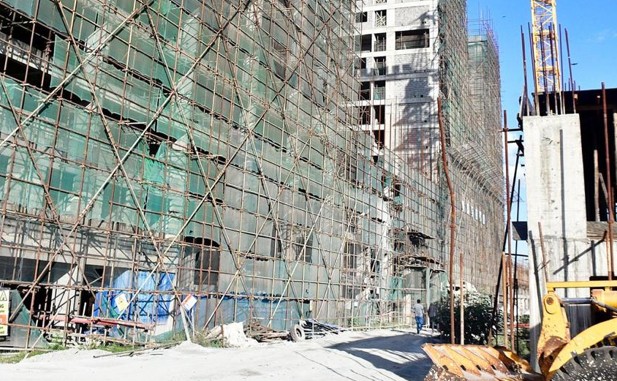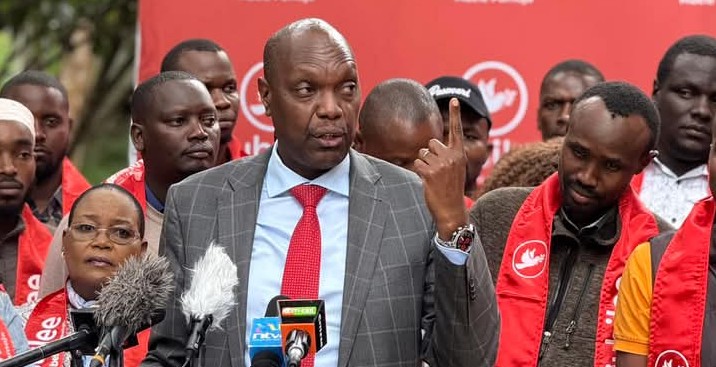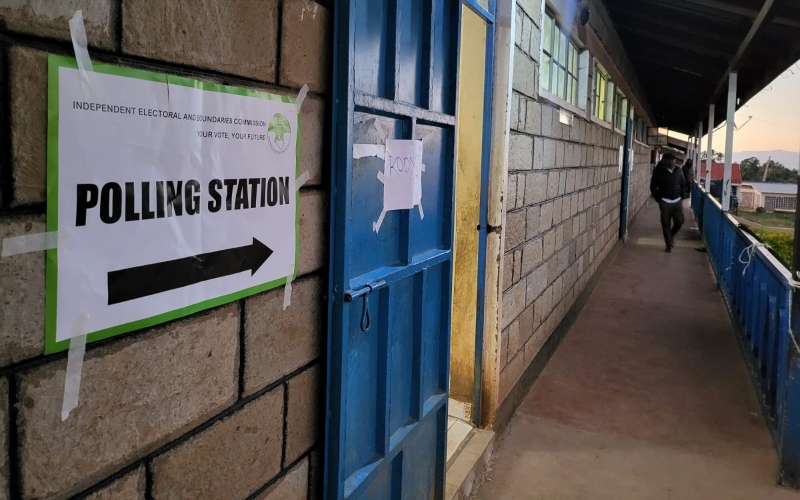Housing levy collections set to jump by 46% as govt eyes Sh95.8 billion

The budget documents tabled in Parliament by Treasury Cabinet Secretary John Mbadi show that statutory deductions from employee pay slips will increase substantially, with the government anticipating a Sh30.31 billion increase in the levy.
The National Treasury has projected to raise Sh95.84 billion from the housing levy in the upcoming financial year beginning July.
According to the 2025/26 budget estimates, the expected revenue represents a 46.26 per cent rise from the Sh65.53 billion projected for the current fiscal year, a significant boost to President William Ruto’s affordable housing initiative.
More To Read
- Treasury under fire for using Sh2.67 trillion in domestic loans on recurrent spending
- National Treasury secures Sh437.8 billion loan to plug budget deficit
- MPs raise alarm over alleged misappropriation of College of Insurance land
- MPs question rising debt despite Treasury’s reduced CBK borrowing
- National Treasury says weak revenue, high debt repayments straining Kenya’s budget
- CS Mbadi tables new banking rules targeting non-compliance, unethical practices
The budget documents tabled in Parliament by Treasury Cabinet Secretary John Mbadi show that statutory deductions from employee pay slips will increase substantially, with the government anticipating a Sh30.31 billion increase in the levy.
The rise comes at a time when the Federation of Kenya Employers (FKE) has urged the administration to consider reducing the levy rate to 0.5 per cent, citing the financial strain on workers amid escalating inflation.
The Affordable Housing Act, 2024, mandates that both employers and employees contribute 1.5 per cent of gross monthly pay to the housing fund. Employers are required to match the employees’ contributions, with workers in the informal sector also now required to make contributions at the same rate, a significant change from previous regulations under the Employment Act that excluded informal sector workers.
“We have proposed broader reforms to improve worker welfare and support business sustainability,” FKE Executive Director Jacqueline Mugo said in a speech prepared for International Labour Day.
“These include pegging statutory deductions to basic pay, revising tax relief bands from Sh24,000 to Sh36,000, reducing the Housing Levy to 0.5 per cent and zero-rating VAT on basic food items.”
However, Mugo was not given the opportunity to deliver her speech during the Labour Day celebrations.
The Central Organisation of Trade Unions (COTU) Secretary General Francis Atwoli accused the FKE of undermining the government by allegedly blocking the ratification of two critical International Labour Organisation (ILO) conventions.
Atwoli claimed that FKE has played a role in delaying Kenya’s adoption of ILO Convention 189 on domestic workers and Convention 190, which addresses violence and harassment in the workplace. He argued that the country’s failure to ratify the two conventions has weakened its position and credibility in global labour circles.
In response, FKE dismissed the accusations and expressed disappointment over being excluded from key national platforms on labour discussions, terming the move unjust.
The employers’ body maintained it has always acted in good faith and remains committed to engaging constructively on national labour matters.
In the first year of the levy’s enforcement, which ended in June 2024, the Treasury reported that Sh54.16 billion was collected from both employers and employees, falling short of the Sh54.58 billion target by Sh415 million, or 0.76 per cent.
The deductions, which apply to both permanent and contract-based employees, had initially been ruled unconstitutional by the courts, which deemed them discriminatory under Employment law.
This led to the passage of the Affordable Housing Act to comply with the court’s ruling, with President Ruto signing the law into effect on March 19, 2024. This allowed the Kenya Revenue Authority (KRA) to resume the levy deductions, which had been suspended in January.
Although the new law extends the levy to informal sector workers, the method of collecting these contributions remains unclear.
Sheila Waweru, acting CEO of the Affordable Housing Board, said in February that while contributions from the informal sector have been trickling in, the pace has been slow.
Top Stories Today














































